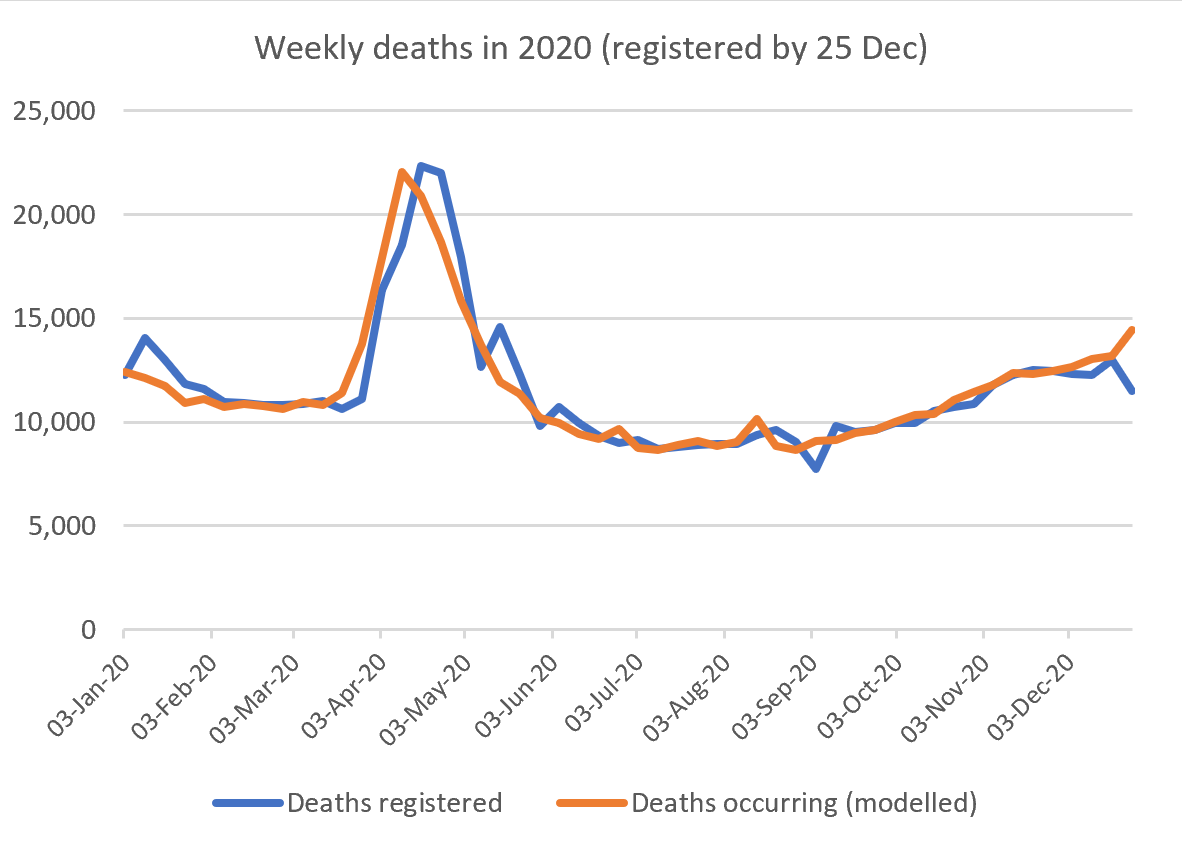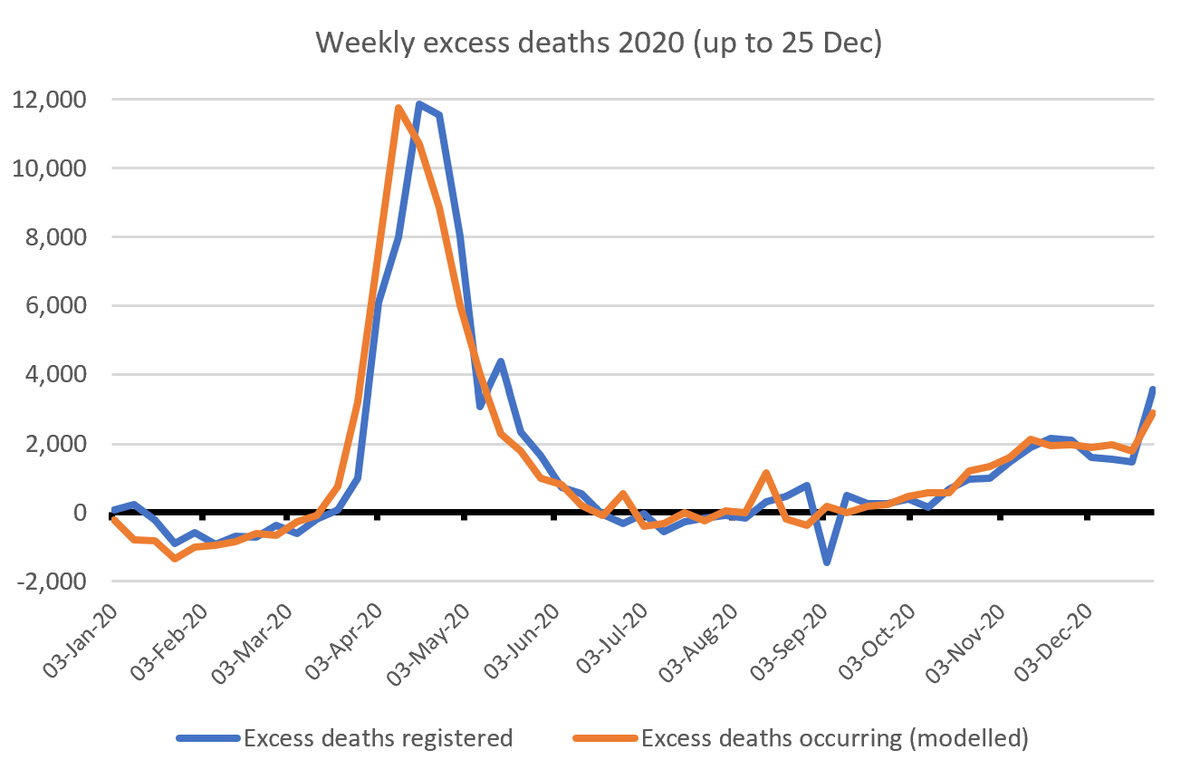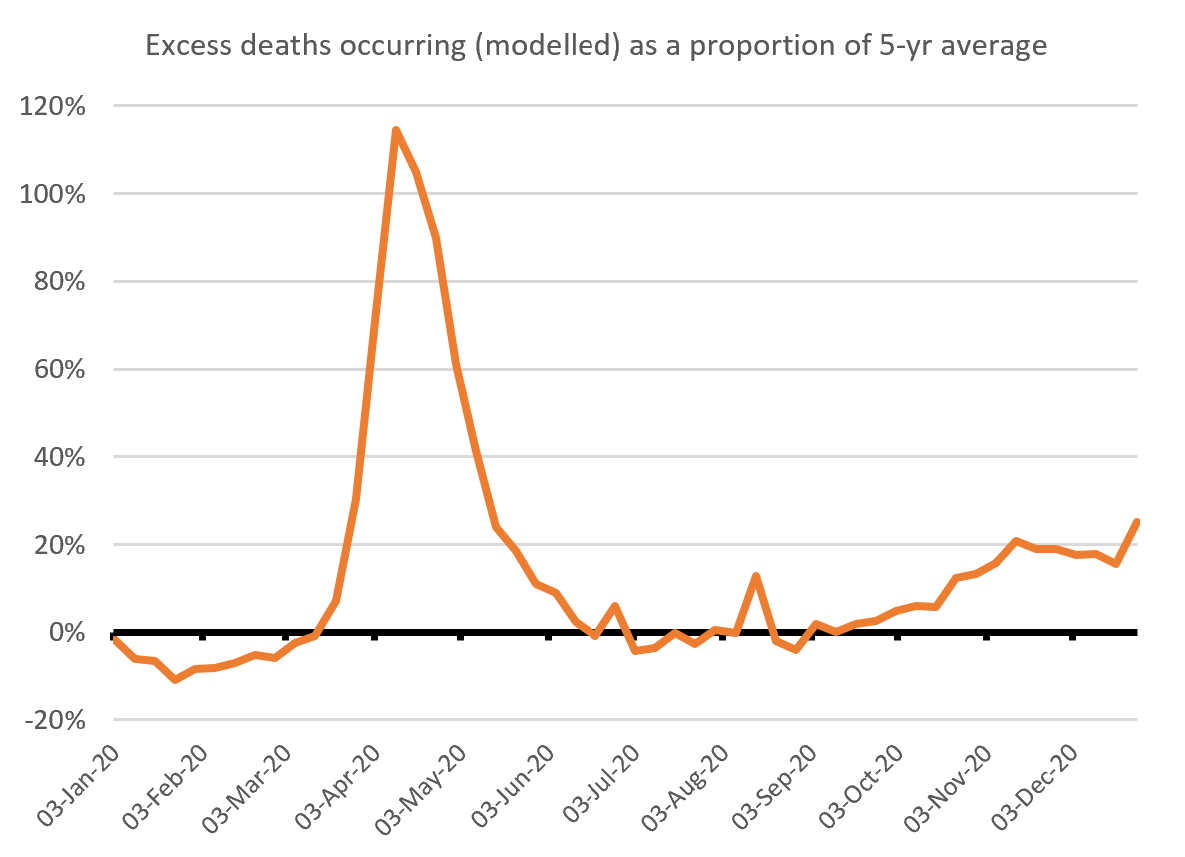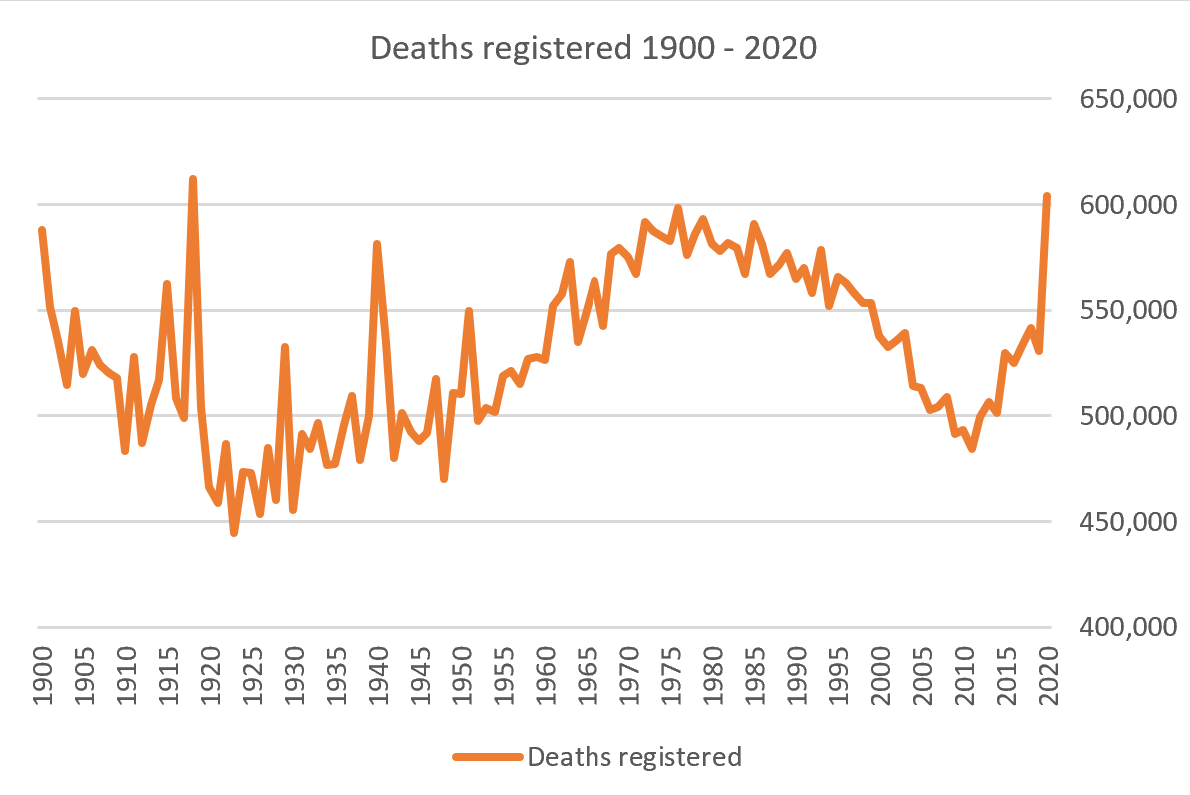CodyyyGardner Categories Economy
In January, we were featured in an article published by @StreetsblogMASS about the Central Section construction, which had just gotten
Also in January, the City of Westfield advanced a project to construct a spur off of the Columbia Greenway, connecting Country Club Dr to the Shaker Rd crossing.
We saw the old railroad bridges over Thomas, Chapel, and Orange Streets removed in March, in preparation for new ones to be installed as part of the Central Section.
https://t.co/loHR3LqJAG

As the weather got warmer through the spring, there was a large increase in trail users, with April seeing a 115% increase from the previous
1/6 Next thread re Air Policing is on Airborne Early Warning (AEW) aircraft (to follow on from Radar, QRA and tankers). Previously the domain of only the richest countries, an increasing number of nations are availing of AEW aircraft to act as another force multiplier. https://t.co/LUpi2bZYBY
— IDFOC (@_IDFOC) December 16, 2020
2/18 That’s before you get to the whole argument about twin engine vs single engine safety overwater argument. For now, it’s enough to put forward the options in broad outline.
Option 1: Surface-to-Air missiles only
This option is included because there’s always someone...
3/18 ...who will say ‘just get missiles’, because they think that this will be somehow cheaper. Modern long-range surface-to-air missile (SAM) systems, however, are not significantly less expensive than fighter jets. They also have an issue in how many times you can use them.
4/18 They have an even bigger issue in that your solution to what may only be an airliner with a broken transponder is to blow it out of the sky.
@ConorHogarty @mupper2 @kevpipps
5/18 While there are many good reasons why the @defenceforces should upgrade its SAM capability, these are largely related to the blended warfare now being rolled out globally with the increasing use of basic drones and larger unmanned aerial systems. @conormlally @RuthMCasey
I wanted to wrap up the year by writing about something I have been thinking about for the last few months:
Who owns the best businesses in the world?
I am trying to draw a line from inherited wealth of feudal lords to community-owned services with tokens.

The last 1,000 years can be roughly split into two 500-year chunks: feudalism & capitalism. Feudal lords controlled all of the land, farms, buildings and capital. This was passed down inside families and never distributed to the workers.
Capitalism totally changed that.

Risk, reward and ruin were separated when joint-stock companies became more common. The prerequisite for successful entrepreneurship shifted from inheritance to initiative.
People without wealth could access it and start new ventures.
Founders started founding new companies.
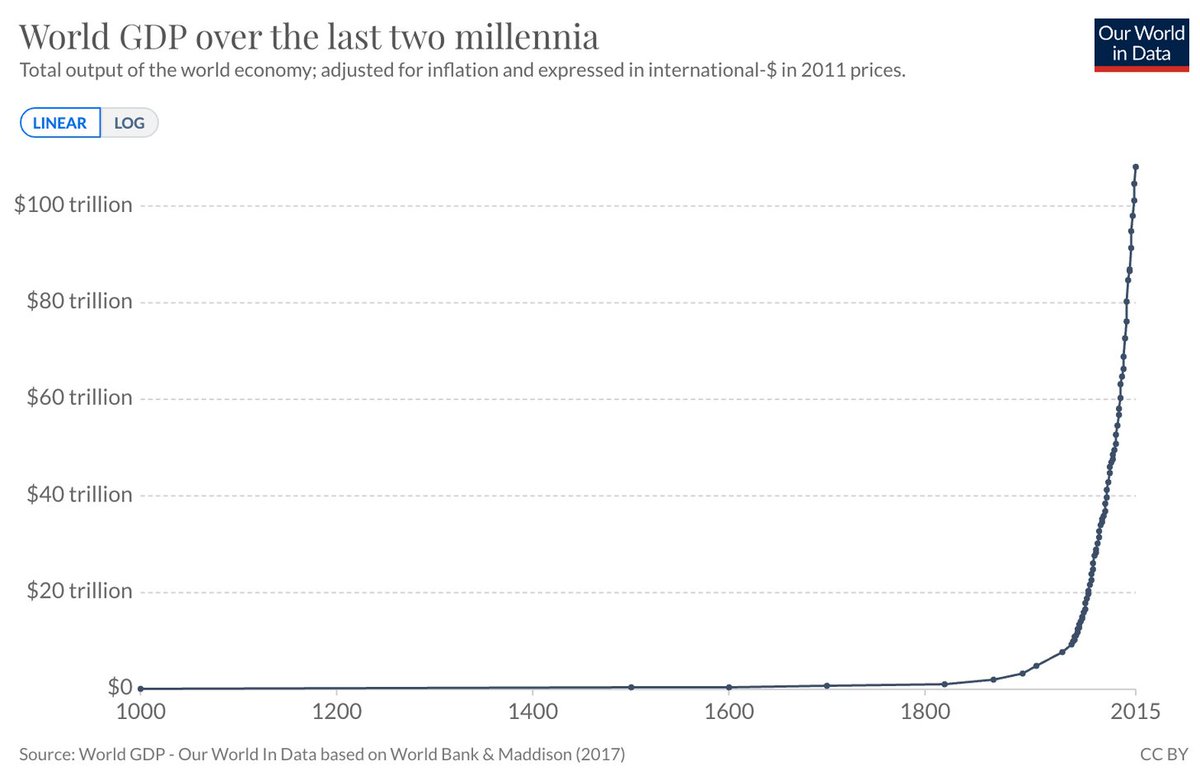
Equity compensation kicked off in the 1950s but it really went into overdrive when it was mixed with high-growth technology companies backed with high-risk equity bets. Silicon Valley perfected the art. Employees at many of the most successful technology companies became owners.
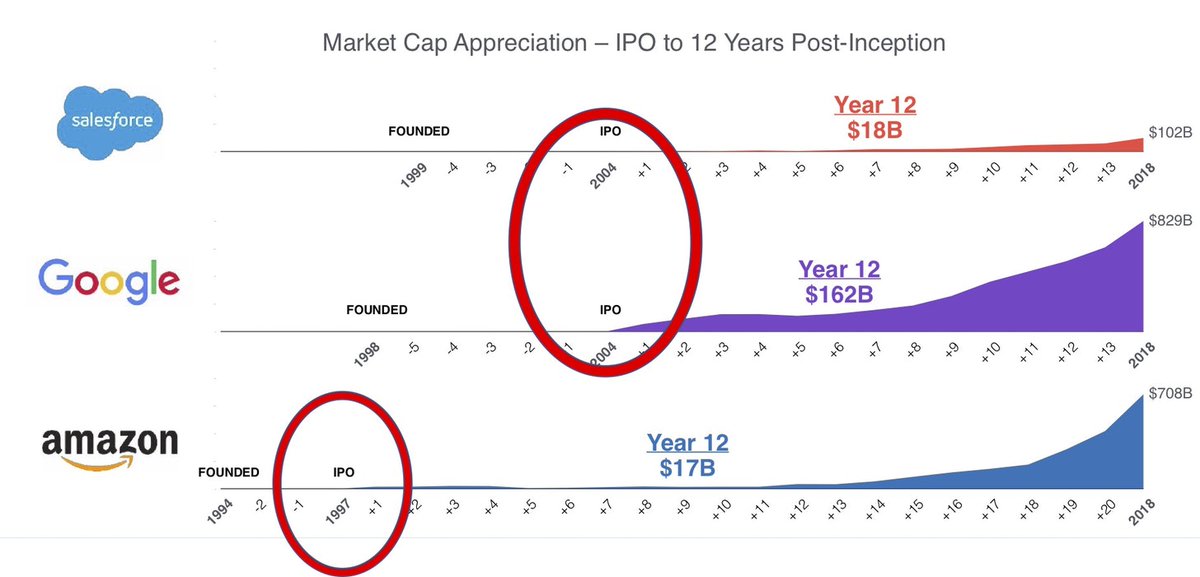
The SEC did two huge things this year. They raised the crowdfunding limit to $5m and introduced a proposal to allow gig workers to receive stock.
I predict that we will see competitors to Airbnb, Uber and DoorDash all take advantage of this
SEC: proposed pilot program to allow tech companies to pay gig workers up to 15% of their annual compensation in equity rather than cash https://t.co/EJjLWQatcr
— Jesse Walden (@jessewldn) November 24, 2020
The boy travelled from Al-Jawf to Sana'a because al-Jawf is among "high intensity battlefronts" & is the target of repeated civilian airstrikes. https://t.co/1KlIN5ixTf
Also, roads are "damaged" because they're frequently bombed by US/Saudi airstrikes:
Shockingly, he's one of the lucky ones who managed to make it to a hospital.
Only 51% of health facilities are (barely) functioning: https://t.co/GBgKXM562t
And hospitals have been frequently targeted by airstrikes: For example:
International aid & donations are necessary for Faid & millions to survive because of the Saudi/US/UAE blockade that prevents Yemenis from trade and makes them reliant on aid instead. Before the war, Yemen imported 90% of its food; now, 80% rely on aid.
Famine hasn't been declared because the UN faces immense pressure from its top donors, the US & Saudi, who are also causing the famine in Yemen.
The US went as far as pressuring the UN to restrict aid to Northern Yemen, where 70% of Yemenis live:
🧵 THREAD about probably one of the BEST discussions about social value of work, economic wealth and fairness in a while.
40 mins with @amolrajan, @PJTheEconomist @elerianm @KGerlich777 Louise Casey
@davidgraeber 🗣️ "The more your job helps others, the less you get paid"
Wow: thanks for the humbling response #RETHINK on @BBCRadio4
— Amol Rajan (@amolrajan) January 4, 2021
Superb guests were @PJTheEconomist, @elerianm, Louise Casey, and Karolina Gerlich from the Care Workers' Charity.
But most credit to the producers: Louise Hidalgo, Derrick Bennett, Ros Jones https://t.co/vYHRDHvihq
2/
Reminded me of @euan_lawson for @BJGPjournal quoting Michael Sandel on meritocracy: https://t.co/tAl6sobtKW
🗣️ "In an unequal society, those who land on top want to believe their success is morally justified. In a meritocratic society, this means the winners must believe...
3/
🗣️ "...they have earned their success through their own talent and hard work.… at a time when racism and sexism are out of favor (discredited though not eliminated), credentialism is the last acceptable prejudice."
4/
@PJTheEconomist over the last 20 years:
⬇️ 30% per person spending on social care
⬆️ 100% more hospital doctors.
No extra GPs - actually the number of full time equivalents is dropping: https://t.co/n20woUk0Wu
And they aren't equally distributed either (inverse-care law)
5/
When we look at care work @KGerlich777 talks about care sector:
➡️ How it is heavily gendered? 80% women
➡️ How poorly it is paid and misconceptions about what it involves.
Louise Casey explaining needed huge reform and re-structure
\u201cYou do not have to be an economist, only human, to understand the desire to let loose, get together, and take risks after a year of cautiously locking down at home and distancing ourselves from one another.\u201d From a wonderful @MESandbu colhttps://t.co/MvFMmeLs5G
— Tony Tassell (@TonyTassell) January 1, 2021
Historical evidence clear - pandemics are usually deflationary, causing lower r*. Big difference with wars, which usually cause r* to rise. Great Jorda et al paper on this
Here is their main result
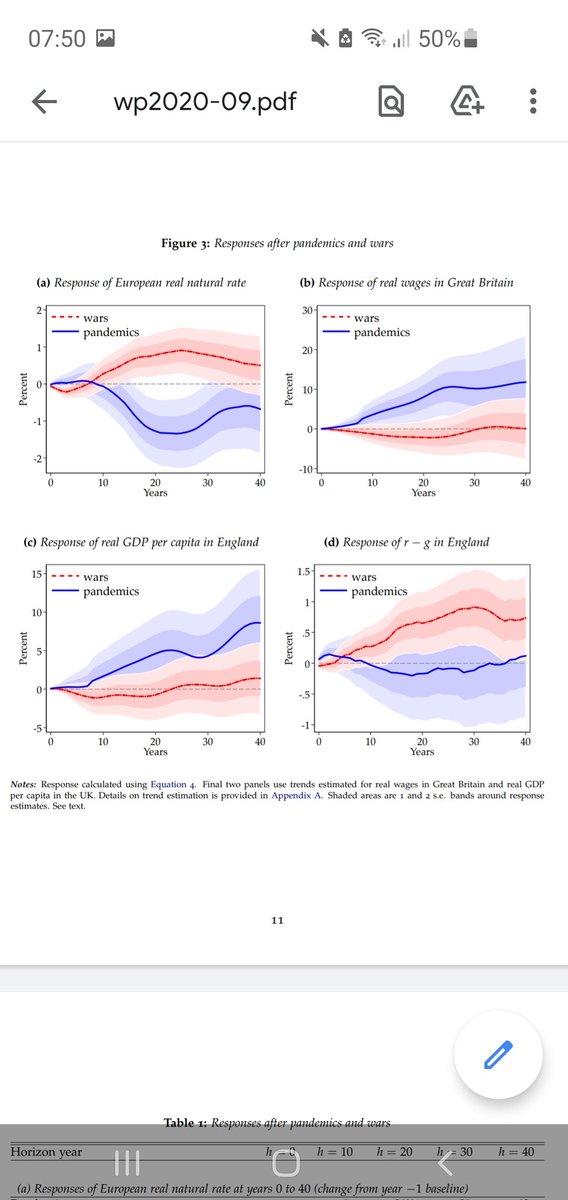
Historically, Wars destroyed both capital stock and labour force. Pandemics killed millions but left capital stock untouched. Covid-19 is neither of these things. Workforce hasn't plunged, capital stock untouched. Comparison with 1920s is a stretch. So precedent for today..
Some more recent evidence based on modern health crises shows only a short-lived boost to GDP, then weaker trend then before. See this Vox column









